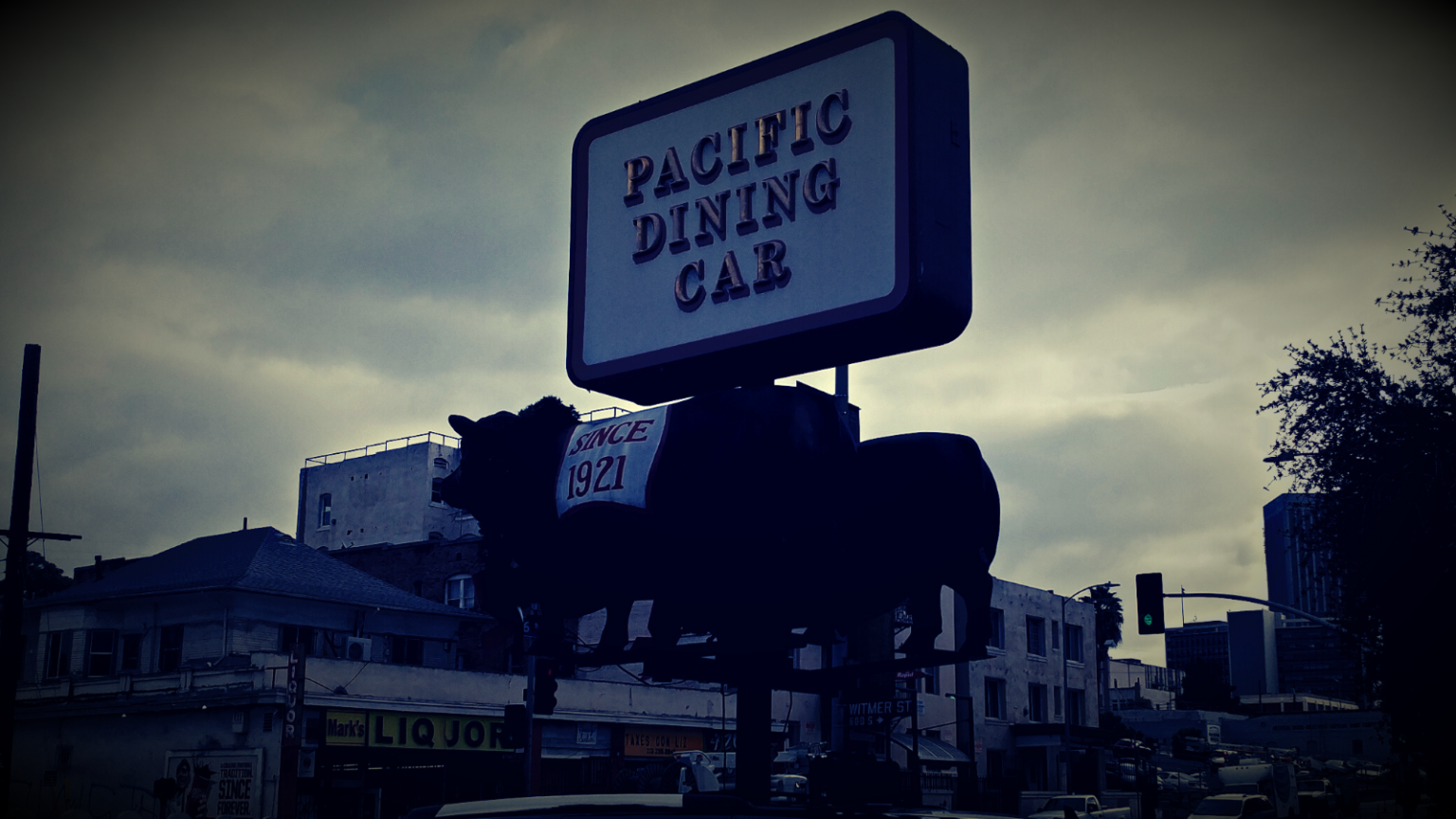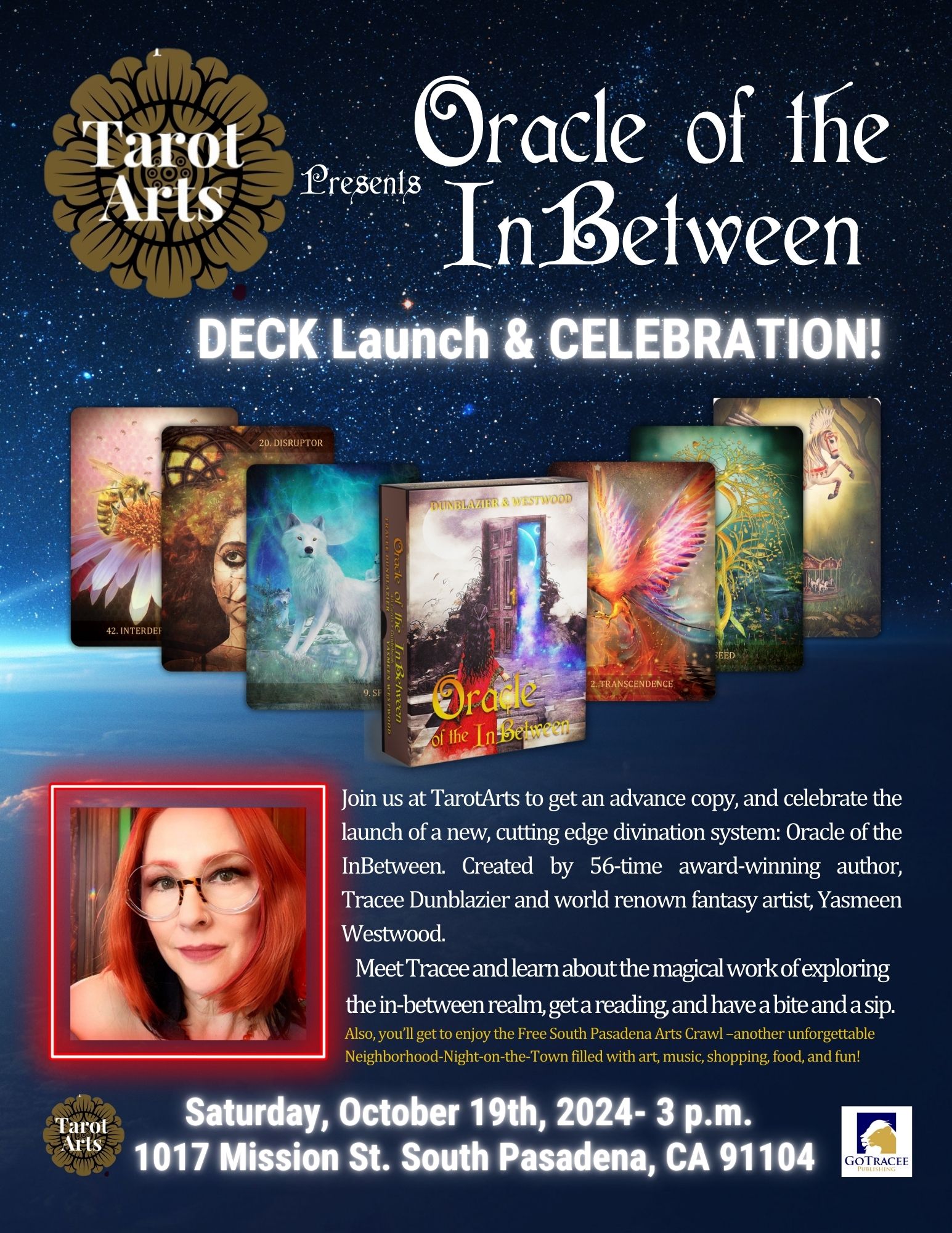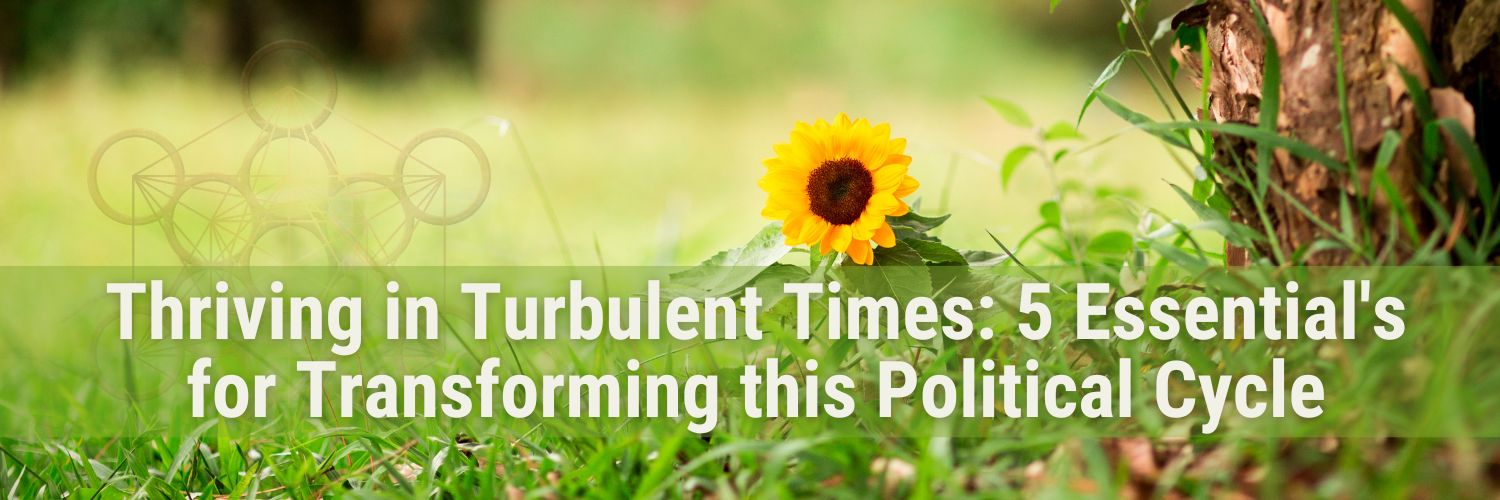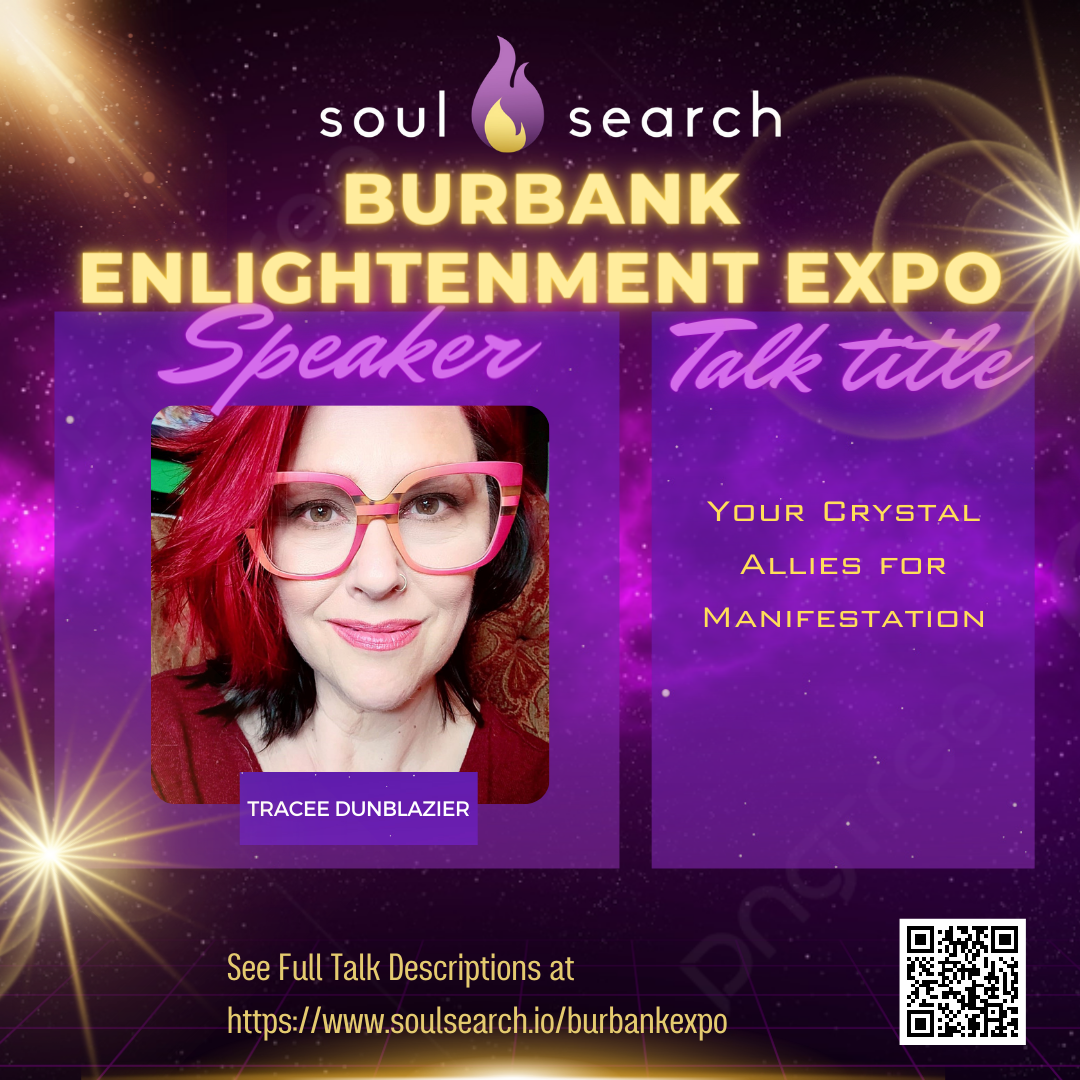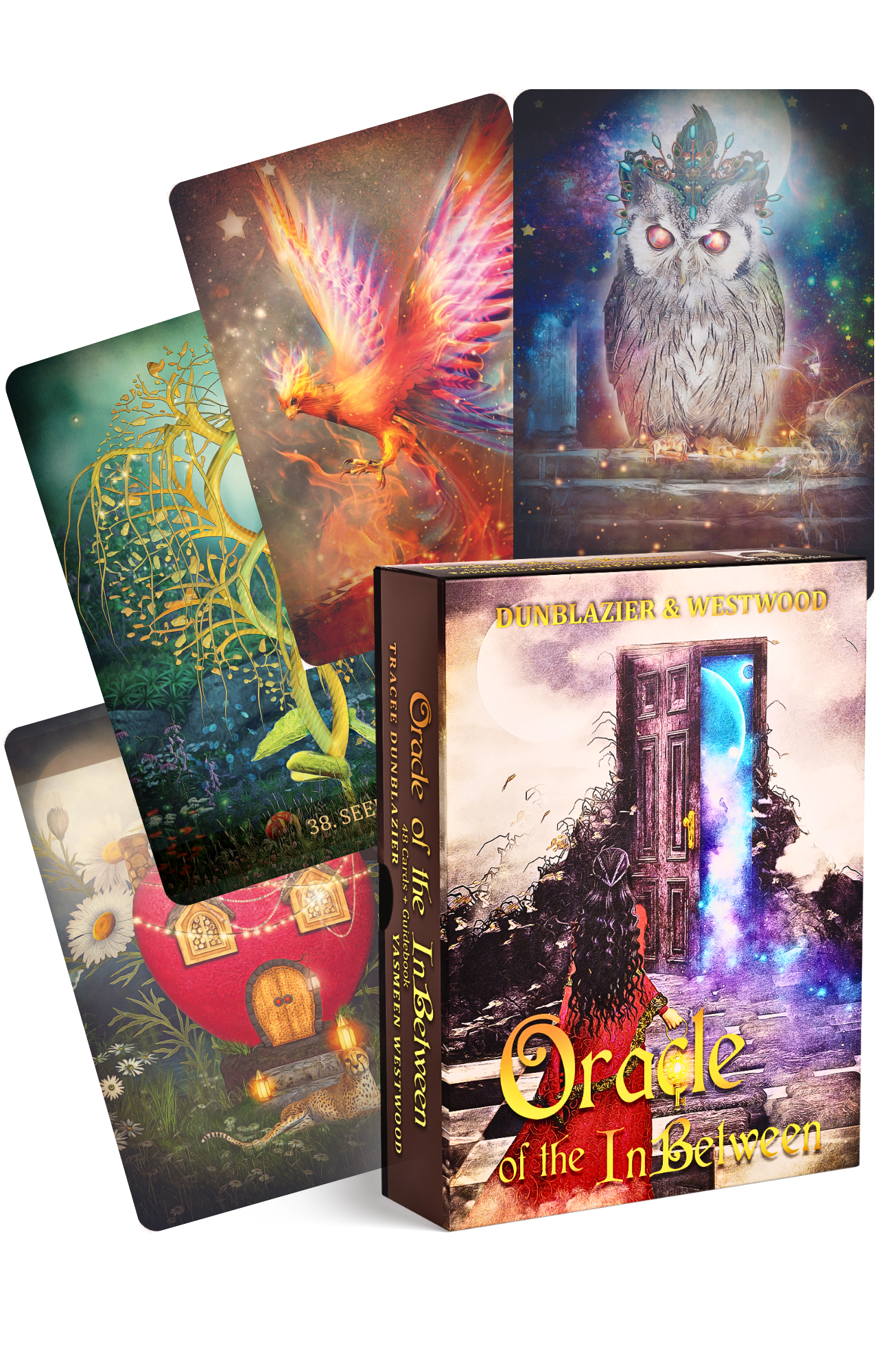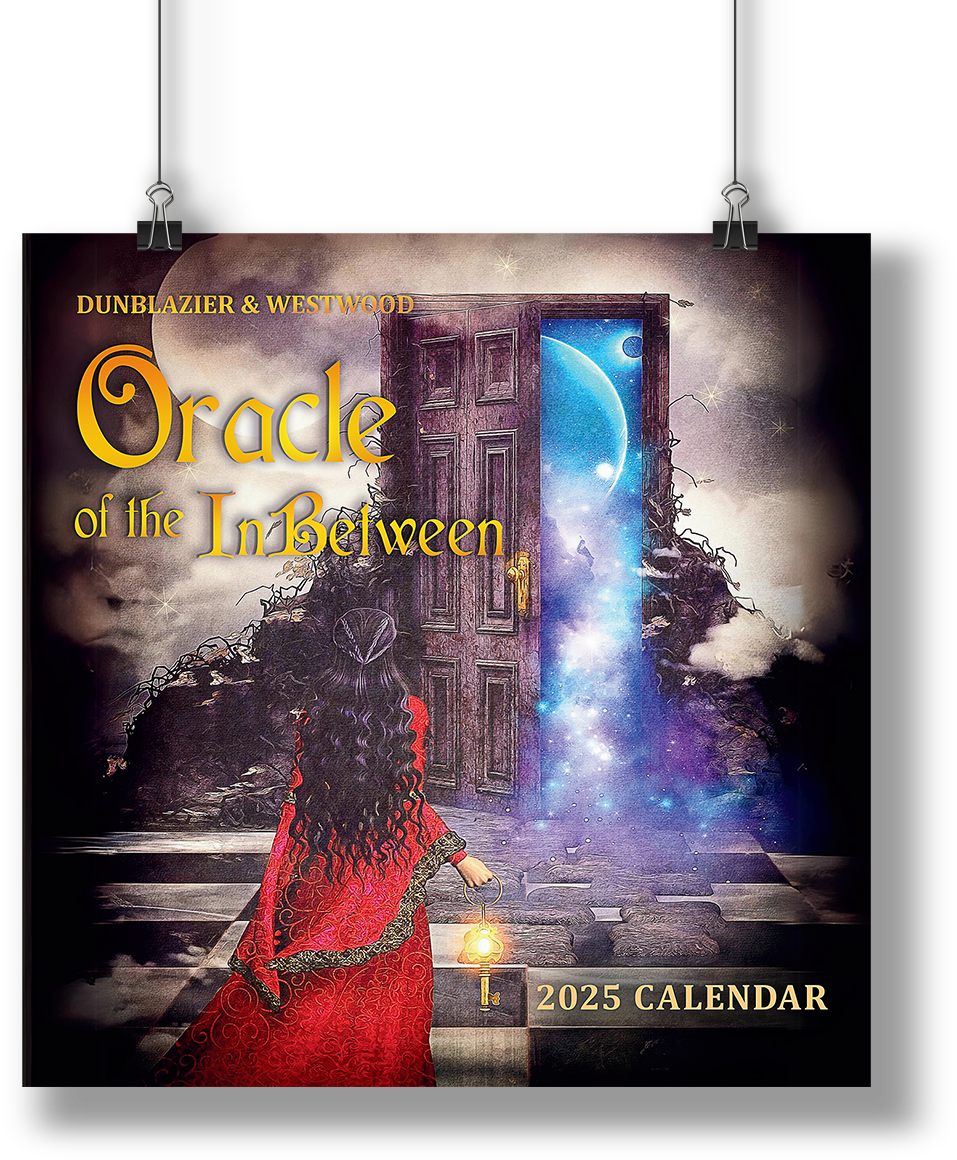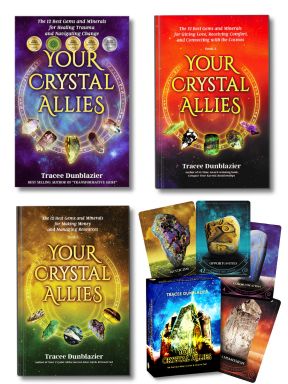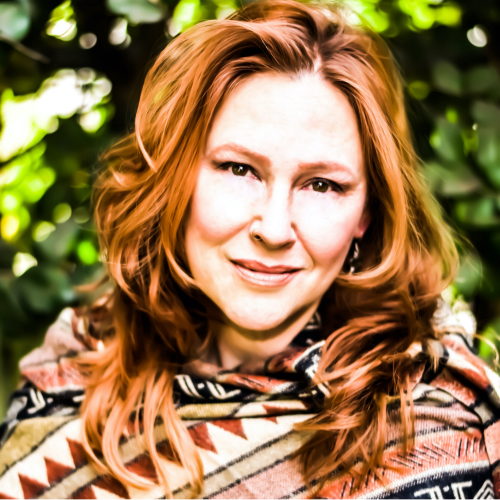

Face Your Fear: Facing your fears is something you will spend your lifetime doing, on some level, in some way. Everyone has latent or hidden fears, and for some obvious ones, but no matter your awareness of them — they are the patterns that drive your thoughts, feelings, and choices on a daily basis. At the most basic level, it is our divine right to be alive and stay alive. This requires that our body have a built-in alarm system to keep us safe. In the physical body, it is the endocrine system, specifically, the Islets of Langerhans in the Pancreas. Our fight-or-flight system.
As a part of our series about “Emotional Intelligence, I had the pleasure of interviewing Tracee Dunblazier.
Tracee Dunblazier GC-C, is a Los Angeles-based spiritual empath, shaman, and a eleven-time national award-winning author. As a multi-sensitive, Tracee’s blend of intuitive information combined with different modalities, has provided the opportunity for many to achieve deep healing and create the success and peace they seek in their lives.
Empathic, delightfully vulnerable, and profoundly real — Tracee Dunblazier’s new keynote “Conquer Your Karmic Relationships” (based on her latest book: Conquer Your Karmic Relationships- Heal Spiritual Trauma to Open Your Heart and Restore Your Soul) is an enlightening presentation that will open your mind to what is happening right in front of you: the multiple energetic dimensions we all share. No matter where you sit on the spectrum of understanding, Tracee makes tangible the connection between mental wellness and spirituality.
Dunblazier, takes a look at your spiritual imprints and the repetitive patterns that position you in life on every level. Understanding what karma is, and learning all the ways to reveal, accept, forgive, and transform your relationships in every dimension. Not only to your beloveds and romantic entanglements, but how you relate to, food, money, family, culture, religion, sex, death, and your environment. This, sure to be standing room only seminar, will help you unearth the very core of what drives you — showing how to direct its power into usable, life-giving resources for you and all your relations.
Tracee’s compassionate, humorous, down-to-earth style empowers her clients, readers, and listeners to address difficult topics with courage and clarity. Because of this, Tracee is consistently called upon by the media for expert commentary on spirituality and relationship dynamics.
In 2015, Tracee founded GoTracee Publishing LLC. It has since grown to be a nationally awarded hybrid publisher that specializes in spiritual-healing Narrative Non Fiction, and divination oracle decks — tools for meditation and self-discovery. Their best-selling Demon Slayer’s Handbook Series and Rainbow Warrior Activation Deck offer light in dark places. They are game changers for those who suffer. GoTracee’s publications expand the reader’s understanding of spiritual transformation and offer the knowledge they need to live their best life.
Thank you so much for joining us in this interview series! Before we dive into the main focus of our interview, our readers would love to “get to know you” a bit better. Can you tell us a bit about your childhood backstory?
I grew up in the Southwest and had a fairly normal childhood (at least from the outside looking in). In school, I was popular and sought refuge from the monotony of learning by participating in every school activity I could, getting an education in the traditional sense was difficult for me.
You see, I was a multi-spirited child (many spirits, one body) who had a difficult time keeping my focus or trying to digest the white-washed stories in the history books of the times. I was born Scottish/Irish and English/German, but I carried many spirits of African, Asian, and Indigenous origins. Many were North American or brought here in the times they lived. In confusion, people resorted to calling me “soulful” and leaving it at that.
In my culture, we didn’t have a name for what I was except crazy. So, you can understand I kept it to myself, but no matter what one called it, it colored my vision, perspective, and truth every waking and dreaming moment of my life. It gave me the profound empathy I have and ultimately an emotional intelligence that could connect with and consider anyone, truthfully.
What or who inspired you to pursue your career? We’d love to hear the story.
I was always psychic and empathic and had a multi-dimensional experience, but for the most-part kept it to myself. It wasn’t until I moved to Los Angeles (from New York City where I’d moved, after leaving my childhood home) that I began to speak about it with friends, offering readings where I could, until one day — my friend Nanci asked for a palm-reading at her birthday party when a crowd of twenty gathered around to witness. I was shocked there was so much support and interest. It would be about five years from that point with many more similar experiences under my belt, before I was doing spiritual healing as a full-time career.
None of us can achieve success without some help along the way. Was there a particular person who you feel gave you the most help or encouragement to be who you are today? Can you share a story about that?
I have a friend, her name is Faith Miller, and she is the owner of a day spa in Baton Rouge — The Massage Emporium. She and I first met as waitresses in a Venice, California diner and became fast friends. The relentless bonds of friendship carried us through all stages of our careers, life and death, multiple moves, and relationships throughout the last twenty-five years.
Faith has always been the grounding-force for many in her life and that was no less the case for me. Our healing journey began just after she’d moved back to Baton Rouge, after Katrina decimated much of the Gulf Coast. I arrived one chilly yet bright afternoon in January and the first place we went was to the Lower Ninth Ward to pay our respects to all that once stood there. I’d always wanted to go to Louisiana but had strong and painful pastlife memories that I hadn’t quite gotten a handle on, and I would certainly be triggered, going back. I knew that this was the time and the place to begin to heal the haunted past my soul had carried into this life and that Faith was a part of it. I felt deeply charged to add my healing prayers to the land and to deliver the spirits left behind in pain, dismay, and confusion. As an empath and spiritual medium, I’d spent many a day and night helping lost spirits find resolution in forgiveness and finally make it home to their oversoul. This, however, would be different because to do it on this land meant I must begin to give voice to my own deep and abiding grief that I’d, as of yet, been able to avoid, The many pastlives of abuse and neglect that would be revealed to me, along River Road, and the layers of pain for many caused by Colonialism.
Over the next ten years I would come back to Baton Rouge a couple times a year for a few weeks at a time and do spiritual work with my southern clients. In that time, Faith and I traveled to every leftover plantation on River Road, haunted street in New Orleans, and anywhere else spirit led us. At the end of the decade I had finished my first two books (containing the stories of my pastlives and some of the current-life adventures of Faith and I) and the first book launch-party, just a few feet away from Faith’s shop and the magical Mississippi River. Those journeys with Faith were the path between my life as a spiritual empath and a publisher.
Can you share the funniest or most interesting mistake that occurred to you in the course of your career? What lesson or take away did you learn from that?
Well, this story wasn’t so funny when it happened, but in hindsight it is hilarious. It’s one of those things for which there really is no fix and everyone in the biz acts as if no one has ever done it, ever — only you. At the time I’d written my first two books and was working on an oracle deck called the Rainbow Warrior Activation Deck with its co-creator Justine Serebrin. Each book product you create needs its own ISBN number, it’s like a lock for the book and connects it to all the sales metadata that is used globally to identify it.
It wasn’t until we received our first shipment of 2000 oracle decks from overseas that I realized I’d given the deck the same ISBN as the ebook version of my first book. Oh my, what a pickle I was in. I consulted many, who responded with a chorus of, “you what?!”, but didn’t really have a fix. It seemed the only thing to do was to leave it the way it was and change the ebook ISBN and hope it wouldn’t cause too much confusion in the future. So, that’s what I did…and it hasn’t. And, soon enough, I found that there are many mistakes to make as a publisher and that ultimately everything has a resolution.
The road to success is hard and requires tremendous dedication. This question is obviously a big one, but what advice would you give to a young person who aspires to follow in your footsteps and emulate your success?
The main reason for my success is simply not quitting. I’ve had endless reasons to have and cultivate patience in my life — understanding that what is at the core of my life’s purpose, is staying with the program even when it seems things aren’t moving forward. My advice? Know that life is always moving forward.
Is there a particular book, film, or podcast that made a significant impact on you? Can you share a story or explain why it resonated with you so much?
Many years ago, standing in the musty-smelling, endless shelf-lined isles of the East West Bookstore in New York City, a book fell out of the shelf seemingly inspired by the ghostly leanings of an unseen hand. At the same moment, the book I was holding fell to the ground. I giggled to myself and picked up the new book placing the one I had planned to purchase, back on the shelf. The book was by the late Ken Carey and called Return of the Bird Tribes. The book was a written/channeled hybrid that allowed me to see myself from a deeply authentic, spiritual perspective, and I was grateful. It was the foundation I needed to begin my personal healing work that would eventually become my life’s work.
Can you share your favorite “Life Lesson Quote”? Why does that resonate with you so much?
“Your task is not to seek for love, but merely to seek and find all the barriers within yourself that you have built against it.” Rumi
The resonance of this quote pierces the heart of all I believe in. I have learned that one of the more evolved needs of humanity isn’t only to receive love, but to give love, and giving love requires trust. Each of us have our own personal obstacles to cultivating the trust that is required to love. Finding that inner trust comes when we “seek and find all the barriers within yourself that you have built against it (love).”
What are some of the most interesting or exciting projects you are working on now? How do you think that might help people?
Every Friday on FB Live @TraceeDunblazier, at 12 Noon Pacific, I do Chat-Cast, a live 15–20-minute Q&A on culturally relevant topics such as: grief, inflammatory language, or how to overcome stress, to name a few. Currently, I am building a community called “Living Radical Acceptance”, a membership program at https://traceedunblazier.com/living-radical-acceptance/ where folks can participate in live 75 minute talks on Zoom every Friday at I p.m. Pacific time. The great thing is you can submit questions on a topic and watch the recorded videos anytime in addition to receiving discounted prices on other digital content, classes, and books. Here are a few of the upcoming topics:
- What is Living Radical Acceptance?
- How to Deal with the Instigators in Your Life
- Inflammatory Language
- Creating Serenity in Your Home
- How to Manage Stress
- Being Peaceful During Chaotic Times
- Resilience
- How to NOT be Perfect
OK, thank you for all of that. Let’s now shift to the core focus of our interview. Can you briefly tell our readers a bit about why you are an authority about Emotional Intelligence?
As an empath, I was born naturally emotionally- intelligent. I have always had a deeper understanding of how others feel, even when I had differing feelings myself. It was from this life-skill that I have built my working platform.
For the benefit of our readers, can you help to define what Emotional Intelligence is?
Emotional intelligence, is simply, one’s understanding of how others genuinely feel and learning about life from someone else’s perspective.
How is Emotional Intelligence different from what we normally refer to as intelligence?
Intelligence refers to a person’s ability to take in new information, comprehend it, and apply it. Emotional intelligence refers to one’s ability to be self-aware, empathize, and apply new information — even if it differs from one’s current knowledge.
Can you help explain a few reasons why Emotional Intelligence is such an important characteristic? Can you share a story or give some examples?
Empathy is at the center of all communication and understanding, when it is lacking, misunderstandings can be chronic, and communication can slow as people tend to resist hearing others when they do not feel heard. I was a very empathic ten-year-old when my father died. My deep empathy allowed for a deeper understanding of my mother’s grief and her inability to communicate it to me. The hidden connection between us helped us mend our relationship down the line.
Would you feel comfortable sharing a story or anecdote about how Emotional Intelligence has helped you in your life? We would love to hear about it.
In high school, the resident bully in my Civics class decided to make me her target. Every day she would make the effort to run into me or my chair as I sat in it, call me names, and generally try to be threatening. I never felt scared, or bad about it for that matter. I had nothing but empathy for her anger and bitterness and was clear it was not about me. One day she arrived at class shortly after the bell had rung and was belligerent when the teacher sent her away. In class we were given notes for a pop-quiz the next day, so I made an extra copy, and when I saw her in the hallway after class I approached and said, “Here, you’ll need these notes for the pop-quiz we’re having tomorrow in class.”
She stared at me, incredulously. I smiled and walked away. Not only did she never bother me again in such a negative way, but we became friendly over the next few years. She began to participate in student government and make new friends.
Can you share some specific examples of how Emotional Intelligence can help a person become more successful in the business world?
Emotional Intelligence helps in three major ways: When you understand how people feel, you can better give them what they need in any situation. Being emotionally intelligent also means being a good listener. People who feel heard, listen more deeply, and have an openness to new ideas, strategies, and people. Finally, the kind of confidence that is fostered through Emotional Intelligence creates better leadership skills and team building. All of these elements create the resiliency needed to be consistent and persevere in business.
Can you share a few examples of how Emotional Intelligence can help people have better relationships?
The learning curve for good communication can, for some, be stressful. Sharing your heart and experiencing vulnerability and intimacy in relationships is something that is cultivated over time and with trust. Emotional Intelligence can help bridge that gap. For example: When you connect with a partner at the end of what has been an obviously hard day, trusting that, and not forcing conversation or taking it personally offers a partner the space to open up to you when they are ready.
Can you share a few examples of how Emotional Intelligence can help people have more optimal mental health?
The learning curve for good communication can, for some, be stressful. Sharing your heart and experiencing vulnerability and intimacy in relationships is something that is cultivated over time and with trust. Emotional Intelligence can help bridge that gap. For example: When you connect with a partner at the end of what has been an obviously hard day, trusting that, and not forcing conversation or taking it personally offers a partner the space to open up to you when they are ready.
Ok. Wonderful. Here is the main question of our interview. Can you recommend five things that anyone can do to develop a greater degree of Emotional Intelligence? Please share a story or example for each.
Mindfulness Practice: The practice of mindfulness is paying attention to the thoughts and feelings flowing through your mind and heart as you go about daily life. Letting each of those feelings and thoughts move through without attachment — letting any emotion or grief, rise and fall, all-the-while witnessing its presence. The more you can pay attention to yourself without trying to avoid running thoughts or emotion, it will deepen your awareness of yourself and others, creating room for more compassion.
To be mindful is the ability to be reflective in the moment. Many years ago, I was in between flights at O’Hare Airport in Chicago. I had been reading an article about a woman’s experience with the emotional aftermath of being raped. In the article she hypothesized that the trauma would never be over, and she wouldn’t feel safe again. At the time, I too, was suffering from a rape that had occurred the year before. After reading the article, I got up to walk to the gate for my flight, when I had a panic attack. The interesting part of the experience is, although I was having difficulty breathing and was crying uncontrollably; simultaneously I had an awareness about what was happening and told myself to walk over towards the wall, to place my hands on it and stabilize my body, and to slow my breathing — all of which I did. Before I knew it, I had stopped crying, I was breathing normally, and was looking at the crowd bustling past me. I made it to the gate and boarded the plane as if nothing had happened.
The wisdom I gained that day was understanding that my ability to be mindful doesn’t stop me from experiencing or processing trauma, but that no matter what happens, or what my body is doing, my heart and mind will always direct me to resolve the situation and keep me safe.
Self-Care: When you pay attention to your own needs and offer yourself care, it creates a natural energetic boundary to set up a standard of care for you from others. Each of you working in the health care and service industry, if you stay in the business long enough without good self-care habits, will hit an overload point called compassion fatigue. I hit this point after twenty years of caring for others, and the recovery took five years. Being aware of your needs and setting boundaries with yourself and others is essential in becoming emotionally intelligent.
Learn Something New Each Day: No matter how old you are or how much you have, each of us can find an opportunity to learn something new every day. If you’re self-motivated, there are opportunities everywhere, to learn. Your Emotional Intelligence grows the more you know about the experiences of others. One day, I was at a coffee shop reading the Bible. Although I was baptized Methodist, there are many things about the practice of organized Christianity and a complete belief in the literal meaning of everything in the Bible to which I do not agree.
As I sat reading, I forget the passage now, but a man sitting next to me noticed and struck up a conversation. He was Christian, and on that day, was having a terrible time of life and questioning whether he wanted to continue to live it. Just because I was reading the Bible, he felt compelled to inquire about the passage which opened a discourse on how he was feeling and his suicidal ideation. The Bible became our common ground from which faith in the Creator deepened for both of us.
Practice Empathy: The practice of empathy is to deliberately make efforts to feel what others feel about themselves, their lives, and circumstances. Make an opportunity to practice by finding a friend or colleague that you don’t know very well. Sit across a table from one another and agree on three life topics for which each of you have strong feelings, like your job, relationship, politics or for whatever you may have opposing views. Then, with a pen and paper, take a moment to breathe deeply and ask yourself what the other person feels about each topic and why they feel that way. This is an intuitive exercise. The goal is to use your imagination to create a story about the person sitting across from you by asking yourself to see the topics you’ve chosen from their point of view and by connecting with them in that way, you can imagine how they feel. Once you’ve gone through all three topics share your paper with your exercise partner and compare notes to see how close each of you came to understanding the others perspective. Ultimately, this is what we will do in relationships over and over until we can find common ground.
Face Your Fear: Facing your fears is something you will spend your lifetime doing, on some level, in some way. Everyone has latent or hidden fears, and for some obvious ones, but no matter your awareness of them — they are the patterns that drive your thoughts, feelings, and choices on a daily basis. At the most basic level, it is our divine right to be alive and stay alive. This requires that our body have a built-in alarm system to keep us safe. In the physical body, it is the endocrine system, specifically, the Islets of Langerhans in the Pancreas. Our fight-or-flight system.
In the emotional body, the alarm system are our fears, meant to keep our body alive. It makes facing fear our most basic priority in healing and living fully. The first way to do that is to accept yourself as you are today. Whatever you feel about yourself, no matter how negative, accept it. This self-acceptance allows for forward movement and is the opportunity to ask, “Now what?”. Now that I accept that I am: fat, ugly, depressed, anxious, skinny, sad, stupid, too much, or fill in the blank here _____. Now that I accept how I feel about myself, “Now what?” Just making that small step means that you own your power, and you access the part of yourself that has the answer to the question. Now you can move forward to heal a bit at a time until you and your life have been upgraded.
Do you think our educational system can do a better job at cultivating Emotional Intelligence? What specific recommendations would you make for schools to help students cultivate Emotional Intelligence?
Of course, we can all do a better job at cultivating self-awareness which in-turn creates greater Emotional Intelligence. Self-awareness starts at home and expands into our cultural and educational structures — before we can teach it to others, we must have it ourselves.
Ok, we are nearly done. You are a person of great influence. If you could inspire a movement that would bring the most amount of good for the greatest number of people, what would that be? You never know what your idea can trigger. My movement is “Living Radical Acceptance”, the practice of accepting everything as it is, including yourself, circumstances, and others. I created a membership program for people to have a community in which to directly address all the relevant topics that are sometimes difficult to speak about or easily brushed under the rug. We do this through zoom calls where the conversations get started. https://traceedunblazier.com/living-radical-acceptance/
We are very blessed that some of the biggest names in Business, VC funding, Sports, and Entertainment read this column. Is there a person in the world, or in the US, whom you would love to have a private breakfast or lunch with, and why? He or she might just see this, especially if we both tag them 🙂
Chrissy Teigen is my pick! She has enormous courage, speaks her mind, and meets her life with humor. All the traits I value and seek to encourage in others. I think with her platform and my message we could help a lot of people.
How can our readers further follow your work online?
https://www.TraceeDunblazier.com, https://www.BeASlayer.com, IG: @gotracee, FB: @TraceeDunblazier, Twitter: @TraceeDunblazie Conquer Your Karmic Relationships

